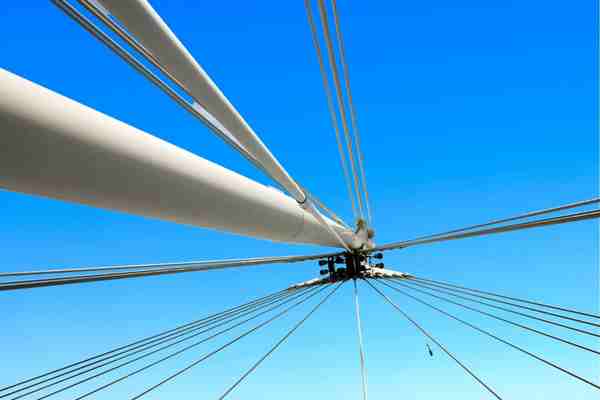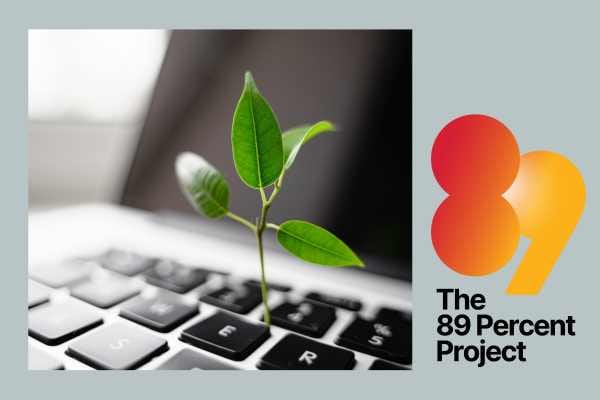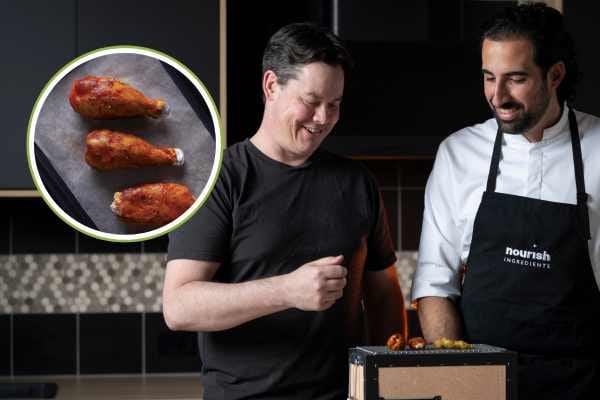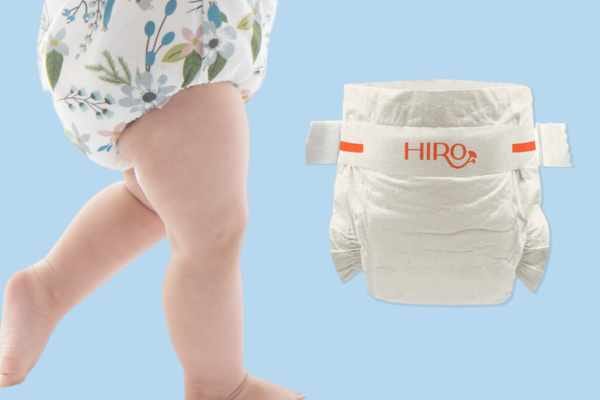Concrete carbon trapped for centuries
Concrete blocks that store carbon sucked from the atmosphere are being used in construction.

CO2 captured from the air has for the first time been injected into a concrete mix to build structures such as bridges.
Two companies have demonstrated technology that sucks carbon dioxide (CO2) directly from the air and then entombs it into concrete blocks where it can be stored for hundreds of years.
By injecting the captured CO2 into concrete, US company Heirloom and Canadian company CarbonCure Technologies say they are able to store atmospheric carbon in a secure location without compromising the strength and durability of the concrete.
This process also helps to reduce the carbon footprint of the concrete industry, which is a significant contributor to global CO2 emissions.
Heirloom and CarbonCure joined forces to devise the world-first technology trial in which C02 was captured using Heirloom’s direct-air-capture (DAC) and then injected into recycled water using a method developed by CarbonCure Technologies. The CO2-treated water was then used to make fresh concrete at Central Concrete plant, for use in local construction projects.
The process of embedding CO2 into the concrete is based on a natural process. Once injected, the CO₂ undergoes a mineralisation process which permanently embeds it.
“This demonstration project is a global milestone for carbon removal technology that confirms concrete’s enormous potential as a climate solution that can permanently store carbon in our most essential infrastructure – from roads and runways to hospitals and housing,” said Robert Niven, chair and CEO of CarbonCure Technologies.
"This demonstration project is a global milestone for carbon removal technology that confirms concrete’s enormous potential."

“The science is clear: in order to reach climate goals we must remove billions of tons of already emitted CO2 from the atmosphere each year,” said Shashank Samala, CEO of Heirloom. “This is an important step toward that future and shows the promise of DAC technologies combined with smart, permanent methods of sequestration.”
Carbon capture technology is often the subject of debate owing to the challenges associated with scaling up solutions in the real world.
Heirloom’s carbon capture technique, based on readily available materials such as limestone, is considered more scalable and cost effective than some other approaches. Another company working on permanently storing C02 in rock is recent Earthshot prize recipient 44.01.
Named after the molecular weight of carbon dioxide, 44.01 removes CO2 permanently by mineralising it in peridotite, a rock found in abundance underground in Oman as well as in America, Europe, Asia and Australasia.
Peridotite mineralisation is a natural process, but it can take many years to mineralise even a small amount of CO2. 44.01 accelerates the process by pumping carbonated water into seams of peridotite deep underground.
The tech
Heirloom uses limestone to capture CO2 directly from the atmosphere, and then stores it underground, or in this case within concrete. When introduced into the concrete, the CO2 undergoes a mineralisation process and becomes permanently embedded in the structure, which will keep it out of the atmosphere for centuries, even if the concrete is demolished. To introduce the C02 into the concrete it was added to reclaimed water (originally used to wash out trucks) using CarbonCure’s technology. The CO2-treated water was then added to fresh concrete for use within projects in the Bay Area of California.
Who funds it
Both organisations have various funding sources. Heirloom Carbon has recently received backing from Microsoft and CarbonCure recently signed a $US30m carbon credit purchase agreement with emissions specialst Invert and blockchain company Ripple.
Is it ready to roll
Heirloom and CarbonCure are already rolling out their carbon capture solutions. CarbonCure supplies C02-injected concrete to local construction projects and Heirloom removes CO2 from the air, with plans to remove 1B tons of it by 203





